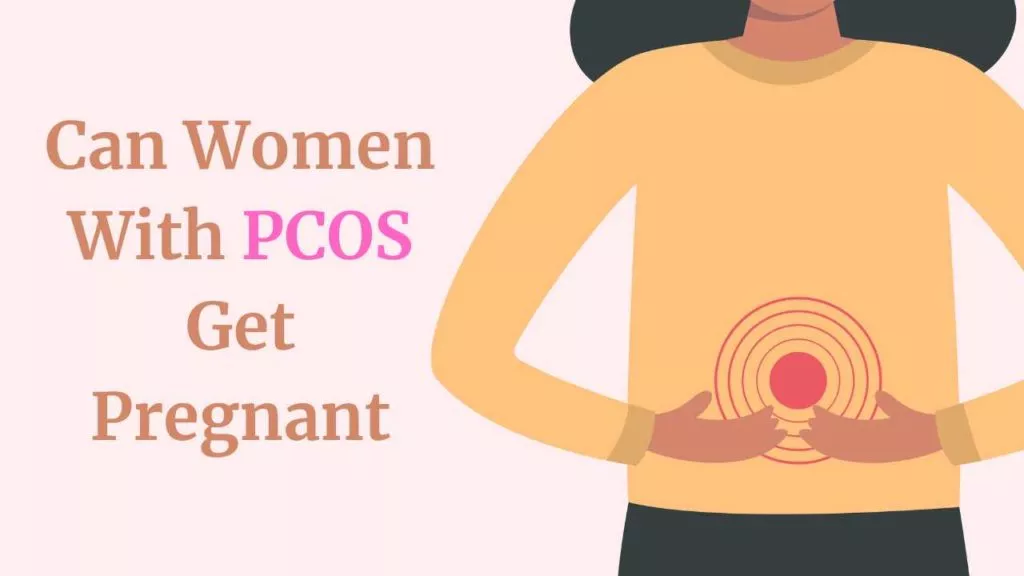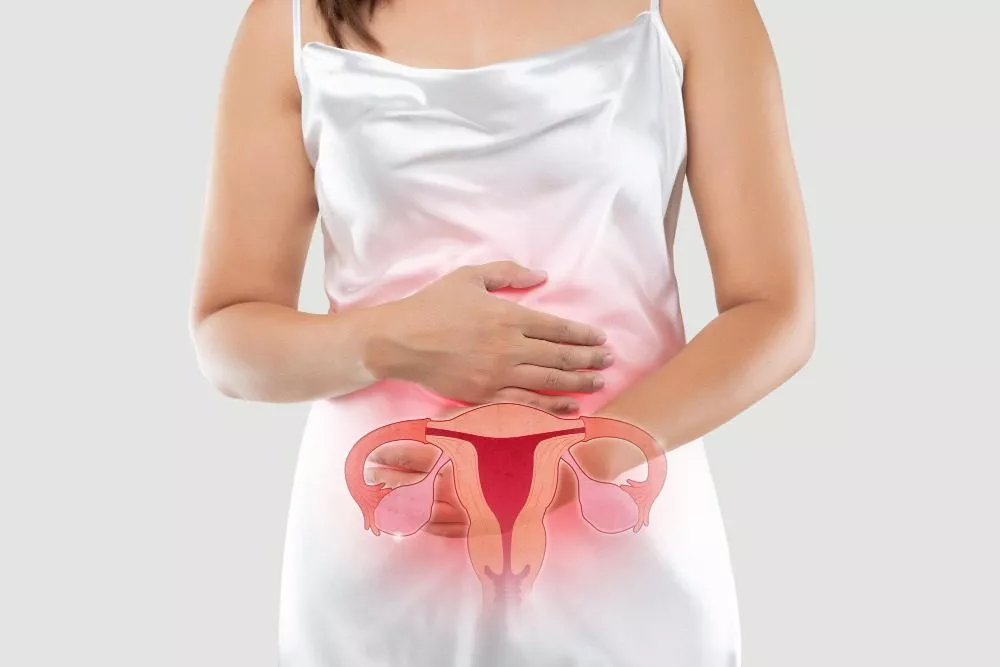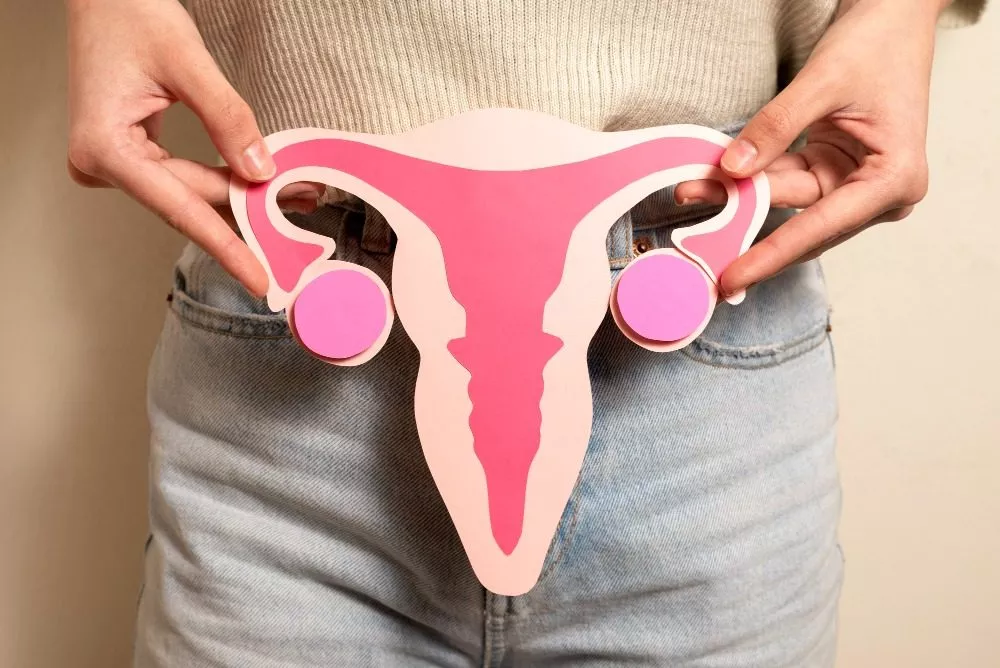
Polycystic ovary syndrome (PCOS) is a common hormonal disorder affecting many women of reproductive age. One of the primary concerns of women with PCOS is whether they can get pregnant or not. The good news is that PCOS women can get pregnant with the right treatment and lifestyle modifications.
PCOS affects the ovaries, leading to the development of cysts, hormonal imbalances, and irregular periods. The hormonal imbalance results in an increase in androgen levels, which can cause problems with ovulation. Ovulation is the process of the ovary releasing an egg, which can then be fertilized by a sperm.
In many cases, women with PCOS do not ovulate regularly or at all, which can make it difficult to conceive. However, there are various treatments available to increase the chances of pregnancy. Here are some of the ways in which PCOS women can get pregnant:

Here are some of the ways in which PCOS women can get pregnant:
- Lifestyle Modifications: Making lifestyle changes can help regulate hormone levels and improve fertility. A healthy diet, regular exercise, and maintaining a healthy weight can help improve insulin resistance, a common symptom of PCOS. Insulin resistance can lead to higher levels of androgens, which can interfere with ovulation.
- Fertility Medications: There are various medications that can help women with PCOS ovulate. Clomiphene citrate is a common medication used to induce ovulation. It works by stimulating the release of follicle-stimulating hormone (FSH), which is necessary for ovulation.
- In Vitro Fertilization (IVF): In vitro fertilization is a technique used to fertilize an egg outside the body and then transfer the resulting embryo into the uterus. IVF can be an effective treatment option for PCOS women who do not ovulate regularly or have other fertility problems.
- Laparoscopic Ovarian Drilling (LOD): LOD is a surgical procedure that involves making small incisions in the ovaries to remove small amounts of ovarian tissue. The procedure helps reduce androgen levels, which can improve ovulation and fertility.
By making some dietary changes, women with PCOS can increase their chances of getting pregnant.
Here are some foods that women with PCOS can consume to help them conceive:
Whole grains like oats, brown rice, quinoa, and whole wheat are rich in fiber, vitamins, and minerals. They also have a lower glycemic index, which means they won’t cause blood sugar spikes. This can help regulate insulin levels and reduce androgen production, which can interfere with ovulation.
Consuming lean proteins like chicken, turkey, fish, beans, and lentils can help maintain healthy blood sugar levels, reduce inflammation, and improve ovulation. Proteins also help to keep you feeling full for longer and can aid in weight loss, which is beneficial for women with PCOS
Eating a diet rich in fruits and vegetables can help you maintain a healthy weight, regulate insulin levels, and reduce inflammation. Leafy greens, berries, and citrus fruits are especially beneficial as they are packed with antioxidants, fiber, and essential vitamins and minerals.
Nuts and seeds like almonds, walnuts, chia seeds, and flaxseeds are rich in healthy fats, fiber, and protein. These nutrients can help regulate insulin levels, reduce inflammation, and improve ovulation. They also have a low glycemic index, which means they can help regulate blood sugar levels.
Consuming low-fat dairy products like milk, yogurt, and cheese can help regulate insulin levels, reduce inflammation, and improve ovulation. These products are also rich in calcium and vitamin D, which are essential for healthy bones and overall health.

In conclusion, women with PCOS can get pregnant with the right treatment and lifestyle modifications. Also by consuming a healthy and balanced diet that is rich in whole grains, lean proteins, fruits, vegetables, nuts, seeds, and low-fat dairy products can help women with PCOS improve their chances of conceiving.
